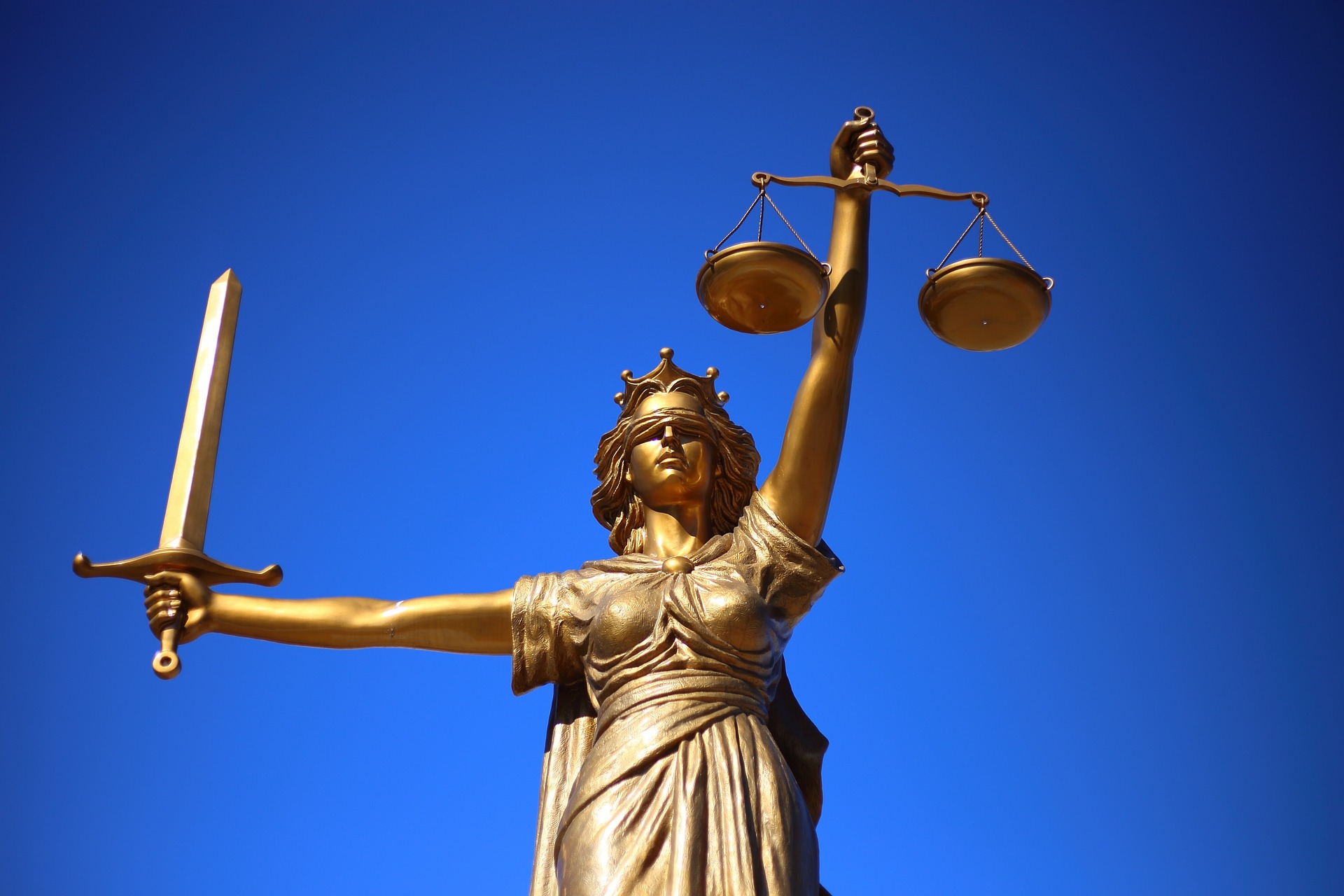The Intersection of Artificial Intelligence and Intellectual Property Laws: A Modern Legal Conundrum
Artificial Intelligence (AI) has become an integral part of our lives, playing a significant role in various sectors. With its increasing adoption, there is a pressing need to address its implications on Intellectual Property (IP) laws. This article delves into this complex issue, highlighting its historical context, recent developments, and how it impacts our society.

Historical Background of Intellectual Property Laws
The concept of Intellectual Property (IP) dates back to ancient Greece, but it was during the industrial revolution of the 18th century that it gained prominence. With the advent of new inventions, the need to protect one’s intellectual creations became crucial. Patents, copyrights, and trademarks became the legal mechanisms for this protection. However, these laws were designed in a human-centric era and are now being challenged by the rise of AI.
The Advent of AI and its Implications on IP Laws
Artificial Intelligence, a term coined in 1956, has seen phenomenal growth over the years. It refers to the capability of a machine to imitate human intelligence and actions. AI systems can now create music, write articles, and even invent technologies. This raises complex questions: Can an AI system be an inventor or an author? Who owns the IP rights of AI-generated creations?
Current Developments and Discussions
The traditional IP laws are being reevaluated in light of AI advancements. In 2019, the U.S. Patent and Trademark Office (USPTO) sought public comments on patenting AI inventions. The European Patent Office (EPO) and the UK Intellectual Property Office (UKIPO) have also initiated similar discussions. Furthermore, there have been attempts to attribute IP rights to AI. For instance, in 2020, an AI named DABUS was listed as an inventor in a patent application, but the USPTO rejected it stating that under current law, only humans can be inventors.
Impact and Implications on Society
The intersection of AI and IP laws has profound societal implications. If AI-generated creations are granted IP rights, it could incentivize AI development but might also lead to monopolistic control over AI technologies. Conversely, denying IP rights could curb innovation and lead to legal grey areas. Thus, a balanced approach is needed to ensure that IP laws evolve with technology, fostering innovation while safeguarding societal interests.
Towards a Future-Ready Legal Framework
A future-ready legal framework needs to recognize the unique capabilities of AI, revisiting traditional IP paradigms. It must balance the rights of human creators, AI developers, and the broader society. This necessitates international cooperation, as AI technologies transcend borders. The legal community, policymakers, and technologists must work together to navigate this uncharted territory.
In conclusion, the advent of AI has ushered in a new era that challenges our traditional understanding of IP laws. Given the pace of AI advancements, it is imperative to address these issues proactively, ensuring that our legal framework keeps pace with our technological reality. This is not just a legal issue, but a societal one - an intriguing conundrum that will shape the future of innovation in the AI age.






